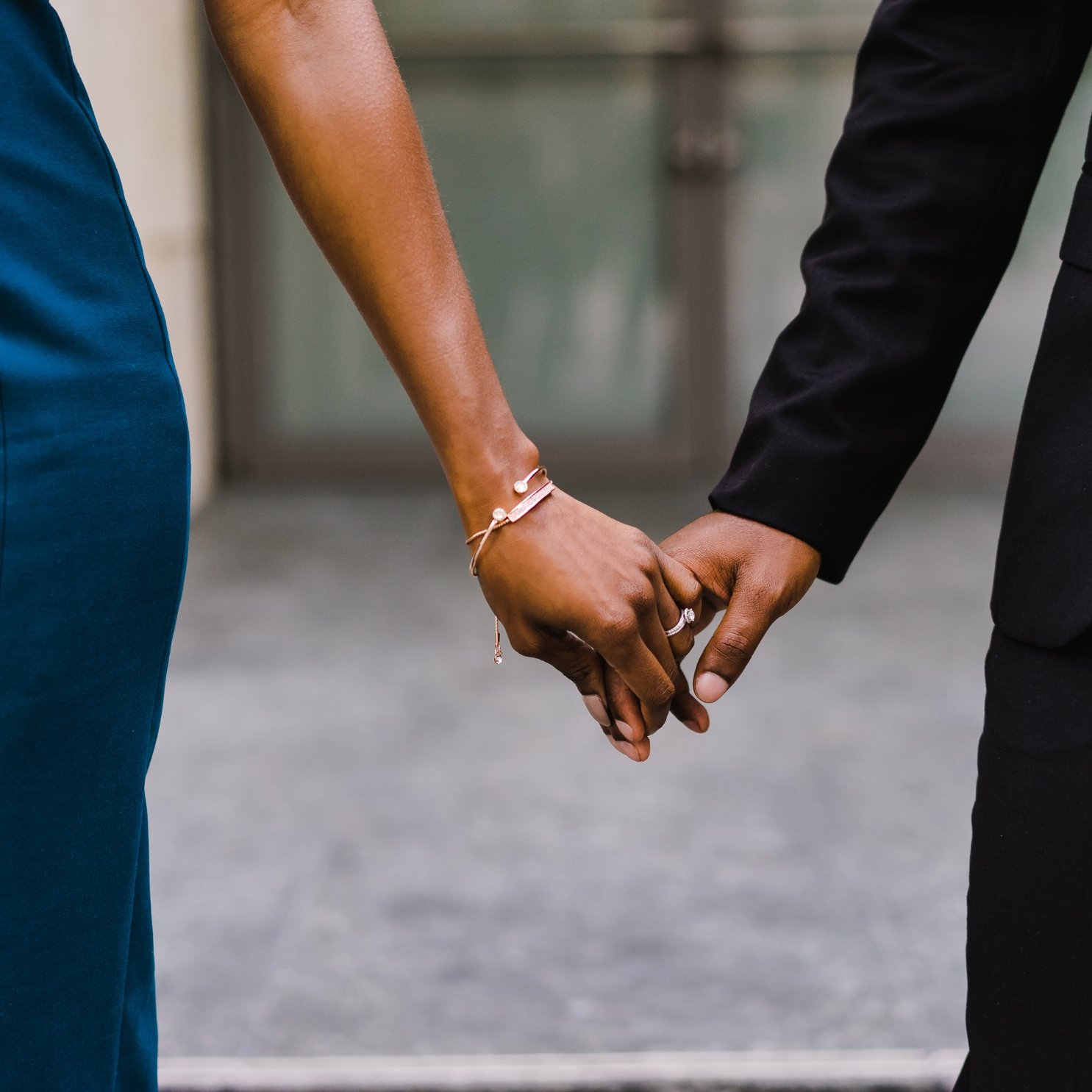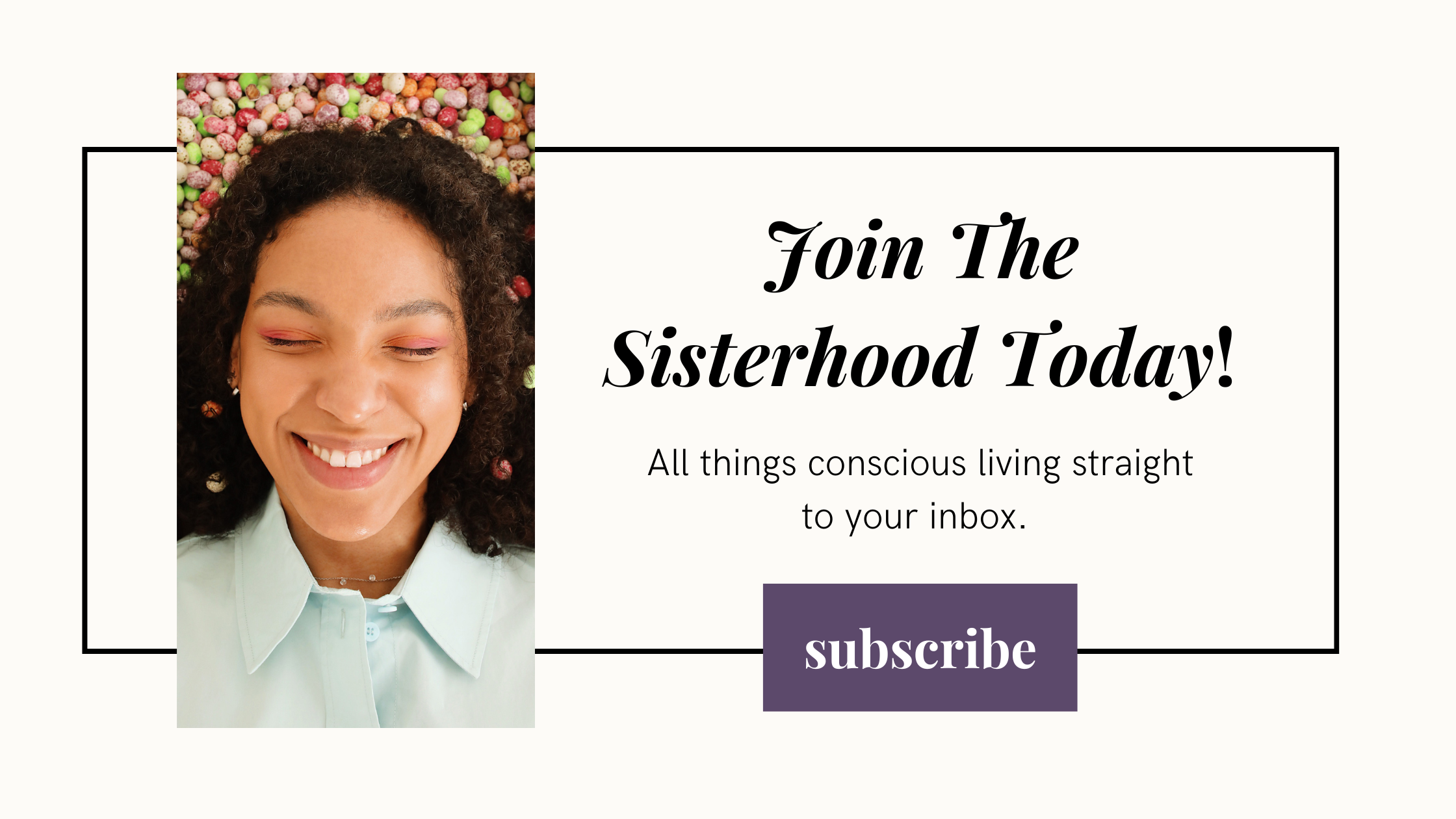Commitment Phobia and the Declining Millennial Marriage Rate
W&S Culture and Society Editorial Team
SHARE ON:
What is a “Commitment Phobia”?
As millennial women navigating the modern dating scene, we've likely come across the term "commitment phobia" or perhaps even experienced it ourselves. But what exactly does it mean, and why does it seem to be a prevailing trend among our generation?
Commitment phobia, in simple terms, refers to an aversion or fear of long-term commitment in romantic relationships. It's that hesitation to fully invest emotionally and make a commitment to a partner, often leading to a cycle of short-lived relationships or an avoidance of serious commitments altogether.
In our fast-paced, ever-changing world, commitment phobia has become more prevalent among millennials. And you know what? It's not entirely surprising. We find ourselves grappling with the effects of a shifting political, social, and economic landscape, which has influenced our perceptions of relationships and commitment.
Let's face it: as empowered women, we're not bound by the traditional expectations that previous generations faced. We have the freedom to focus on our careers, personal growth, and individual aspirations. This newfound independence has allowed us to challenge societal norms and reimagine what relationships mean to us.
Wondering why you’re seeing ads? Check out our Disclosure Policy.
“
Let's face it: as empowered women, we're not bound by the traditional expectations that previous generations faced.
But here's the thing: commitment phobia is not a flaw or something to be ashamed of. It's a rational response to the complexities and uncertainties of our modern lives. We're navigating a world filled with economic instability, changing gender roles, and an emphasis on individual fulfillment. It's only natural that we approach relationships with caution and seek to protect our independence.
In the upcoming sections, we'll delve deeper into the millennial dating patterns and explore why commitment phobia doesn't necessarily indicate a lack of desire for meaningful connections. So, grab your favorite mug of tea, cozy up, and let's embark on this insightful journey together. We'll uncover the nuances of our dating landscape and discover why commitment phobia isn't always as black and white as it may seem.
Remember, ladies, we're here to support each other, learn, and embrace the unique experiences of our generation. So, let's challenge the status quo, celebrate our independence, and explore the fascinating realm of commitment phobia in the context of our ever-evolving world.
Understanding Millennial Dating Patterns
There are many dynamics we think might be impacting millennial dating patterns. Obviously we’re not dating experts or but, here’s what came to our minds:
Rise of Technology and Digital Connectivity: The advent of dating apps, social media platforms, and online communication has revolutionized the way we meet and interact with potential partners. These digital tools provide a seemingly endless pool of potential matches, making it easier to connect with others. However, the convenience and abundance of choices can sometimes lead to a superficial approach to dating, with quick swipes and fleeting connections.
For example, dating apps like Tinder and Bumble have gained immense popularity, allowing us to browse through profiles and make instant judgments based on appearances. This shift towards digital connectivity has its advantages in terms of accessibility and efficiency, but it can also foster a sense of disposable connections and a lack of investment in building meaningful relationships.
Changing Gender Roles and Expectations: Our generation has witnessed significant advancements in gender equality, with women pursuing higher education, establishing successful careers, and challenging traditional gender roles. This has reshaped our attitudes towards relationships, as many of us prioritize personal growth, independence, and finding partners who support our ambitions.
As women of color, we navigate the complexities of intersectionality, seeking partners who understand and respect our unique experiences. We aim for relationships that are based on equality, shared responsibilities, and the celebration of diverse identities. This shift in gender dynamics has led to a reevaluation of traditional relationship expectations and a desire for more egalitarian partnerships.
Economic Realities and Financial Stability: Millennials face a distinct economic landscape characterized by rising living costs, mounting student loan debt, and increased financial insecurity. Many of us prioritize financial stability and independence, focusing on building our careers and establishing a secure foundation before considering long-term commitments.
Wondering why you’re seeing ads? Check out our Disclosure Policy.
For instance, the burden of student loans and the need to secure stable employment often delay major life milestones such as marriage and starting a family. This economic reality has led to a more cautious approach to commitment, as we strive to ensure our own financial well-being and establish a solid foundation for our future.
Social and Political Awareness: Our generation is politically engaged and socially conscious, actively participating in movements for racial justice, LGBTQ+ rights, and other important causes. As women of color, we are acutely aware of the intersectionality of our identities and the need for partners who understand and respect our lived experiences.
We seek relationships that align with our values, embracing diversity, inclusivity, and social justice. This heightened awareness and activism influence our dating patterns, as we prioritize finding partners who share our commitment to social progress and who actively engage in dismantling systemic barriers.
Why the Commitment Phobia Narrative Doesn’t Work
By examining the above factors, we can begin to understand the emergence of so-called “commitment phobia” among millennials. It's important to note that commitment phobia does not necessarily indicate a lack of desire for meaningful connections. Rather, it more likely reflects our unique circumstances and the need to navigate relationships on our own terms, seeking authentic connections that align with our values and aspirations.
It's time we challenge this narrative. Calling millennials commitment phobes can be not only unhelpful but also harmful, especially when considering the experiences of women of color within our community. Let's delve into why it's crucial to change the narrative and explore alternative ways to describe our dating habits.
Firstly, labeling millennials as commitment phobes oversimplifies the complex realities of our dating landscape. It fails to recognize the multitude of factors that influence our approach to relationships, such as changing societal norms, economic considerations, and the pursuit of personal growth. By reducing our dating attitudes to a single label, we overlook the rich tapestry of experiences and diversity within our generation.
For women of color, the term commitment phobia can have specific implications that perpetuate harmful stereotypes. It reinforces the notion that women of color are somehow less desirable or less capable of forming meaningful connections. It erases the unique challenges and systemic barriers we face in dating, while overlooking the resilience, strength, and agency we bring to our relationships.
Furthermore, calling millennials commitment phobes fails to acknowledge the importance of self-discovery and empowerment in our dating journeys. We are a generation that values personal growth, individuality, and the pursuit of happiness on our own terms. Many of us are actively exploring our identities, prioritizing self-care, and navigating the complexities of our lives. This focus on self-discovery and personal fulfillment is not synonymous with a fear of commitment but rather a desire to establish strong foundations within ourselves before entering into serious partnerships.
“
We are a generation that values personal growth, individuality, and the pursuit of happiness on our own terms.
Wondering why you’re seeing ads? Check out our Disclosure Policy.
Instead of perpetuating the commitment phobia narrative, let's embrace a more nuanced and empowering perspective on millennial dating. Let's recognize the strength, resilience, and independence that characterize our generation. We can celebrate our ability to navigate relationships on our own terms, valuing authenticity, emotional intelligence, and consent. Let's focus on promoting healthy relationship dynamics, communication skills, and the importance of consent and boundaries within our connections.
By shifting the narrative, we empower ourselves and challenge societal expectations that may limit our choices. We create space for diverse experiences and open the door to more meaningful connections. Let's encourage dialogue that fosters understanding, empathy, and respect for one another's unique journeys.
In conclusion, labeling millennials as commitment phobes oversimplifies the complexities of our dating experiences. It's time to move beyond this harmful generalization and embrace a more inclusive and empowering perspective. Let's celebrate the diversity within our generation, recognizing the unique challenges faced by women of color. By changing the narrative, we pave the way for authentic connections, personal growth, and meaningful relationships that reflect the strength and resilience of millennial women. Together, let's rewrite the story and empower ourselves to create dating experiences that align with our values and aspirations.







